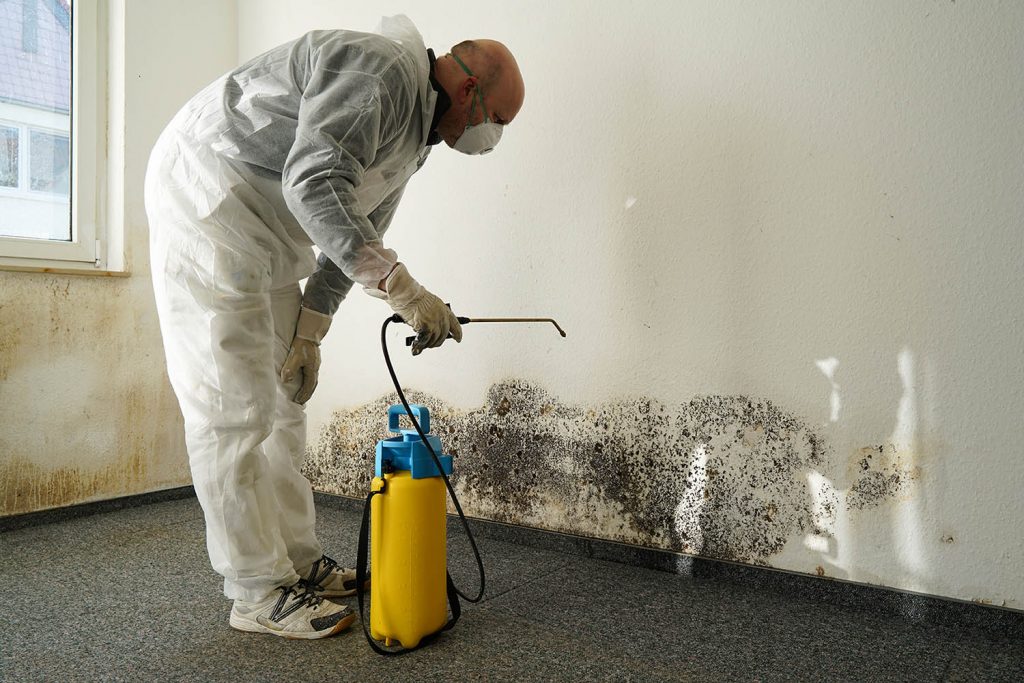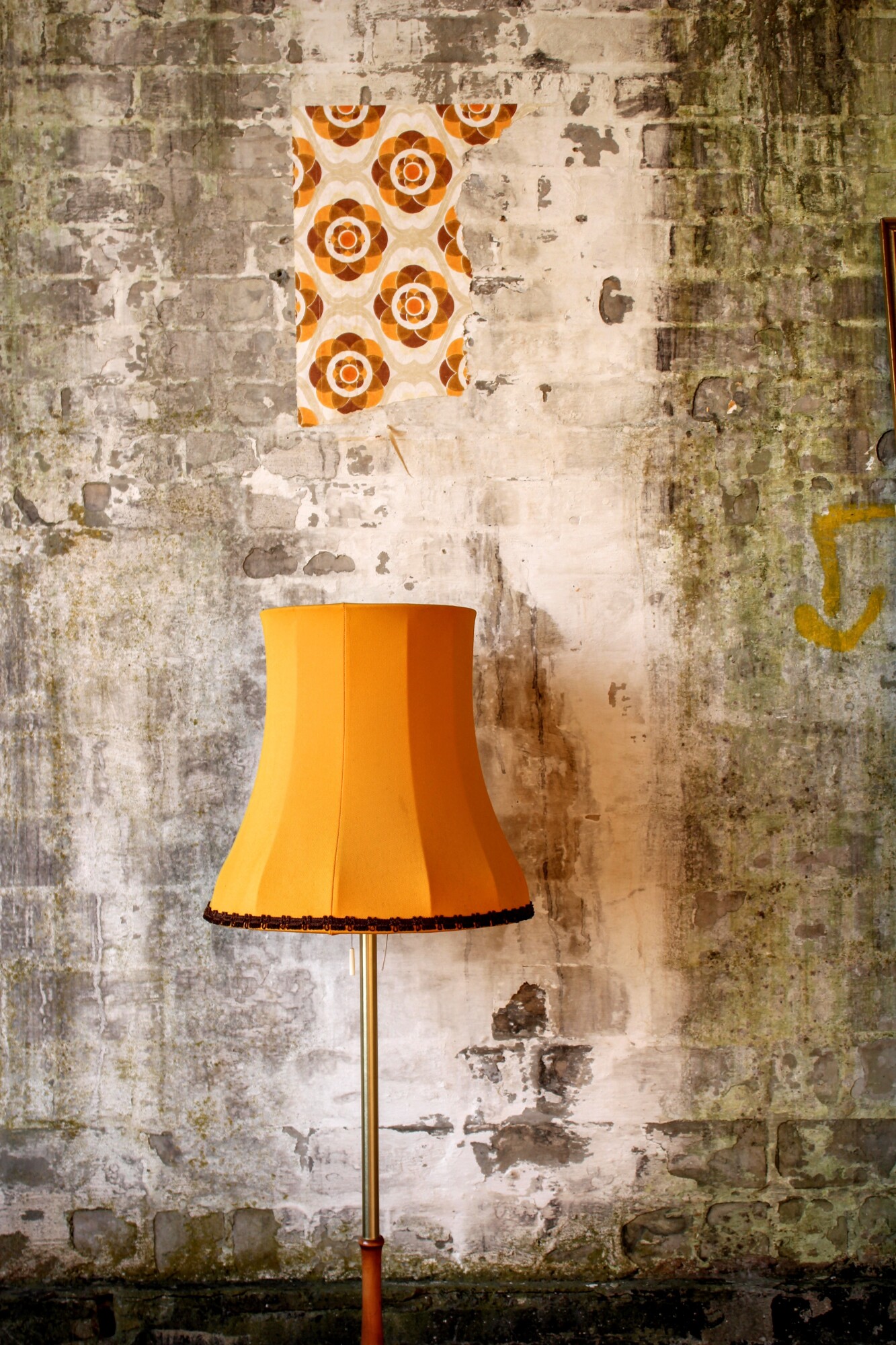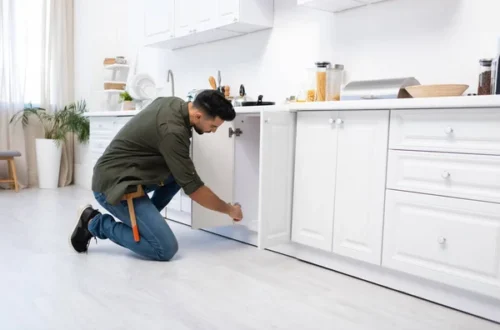Mold is never good news. According to research conducted at the U.S. Department of Energy’s Lawrence Berkeley National Laboratory (Berkeley Lab), mold exposure at home contributes to 4.6 million asthma cases in the United States annually.
These cases result in about $3.5 billion annually in health-related costs. Are you wondering how potential black mold in the basement may harm your asthma? Or are you potentially wondering how black mold can give you health problems in the future?
Today we’re exploring the long-term harms of black mold in the basement and how to protect yourself and your home.
Black Mold in the Basement
Black mold is also known as Stachybotrys chartarum. This substance thrives in damp and water-damaged areas and can look like black water spots and various circular and ovular shapes.
Black mold is often described as smelling like earth, must, and even smelly socks. If you live in a very humid place or somewhere prone to water damage, watch out for black mold formation! Basements are popular places for mold to grow as water seeps into the home.
Black Mold and Your Health
Why is it so important to keep black mold out of your basement and home? Is it a simple inconvenient smell?
Unfortunately, mold can cause health problems. Richard Progovitz writing for The Forager Press states that black molds contain mycotoxins, which get produced by the mold as it continues to grow but are already present in mold spores, too.
Mycotoxins can cause a myriad of health problems, from poisoning to even cancer. While there is still a lot of research to be done on long term health problems from black mold, the most common symptoms you’ll have when encountering it are respiratory ones.
You may find it hard to breathe after inhaling black mold particles in the air or find an asthma attack being triggered. If this happens to you, try to identify where the black mold’s located before choosing how you will remove the mold safely.
You can learn more here if you would like to continue reading about mold and your health.
Safe Mold Removal
When it comes to removing mold from your home, safety is number one. It can be enticing to try to smack down mold pieces and take a general sponge and cleaner to the area.
However, this is rarely a good idea. Getting close to spores of mold can present even larger risks of exposure and affect your health.
Instead, it is often safer to rely on a professional mold removal company. Not only can they help remove current mold spores safely, but they can also help prevent future mold from forming with prevention services.
This is particularly important for your home if you have recently suffered from water damage. Professional water restoration recovery services can help ensure that all water is removed from your living space, preventing future mold growth.
This is a much safer option than relying on traditional scrubbing or towel pick-up. While the upfront cost will be more than a DIY-method, the cost is worth the reduced risk of mold and lasting home damage.
Preventing Moldy Disasters
Mold is made to survive. Black mold in the basement thrives off of damp areas and can cause immediate respiratory issues and long-term health issues as well.
Next time you see a damp area in your home, consider contacting a mold prevention professional to protect yourself from future mold disasters. If mold has already invaded your home, avoid the area until a professional can be brought in.
Ready to learn more about how to stay healthy and live your best life at home? Read more on our blog today.






